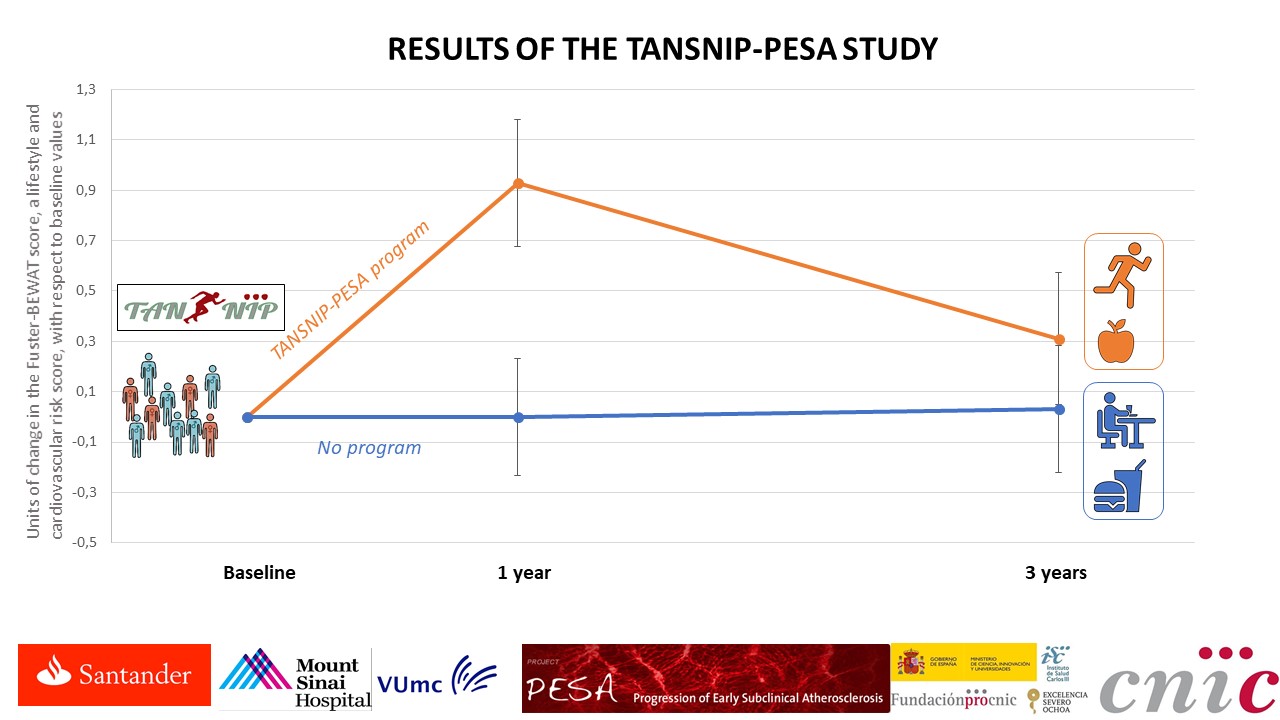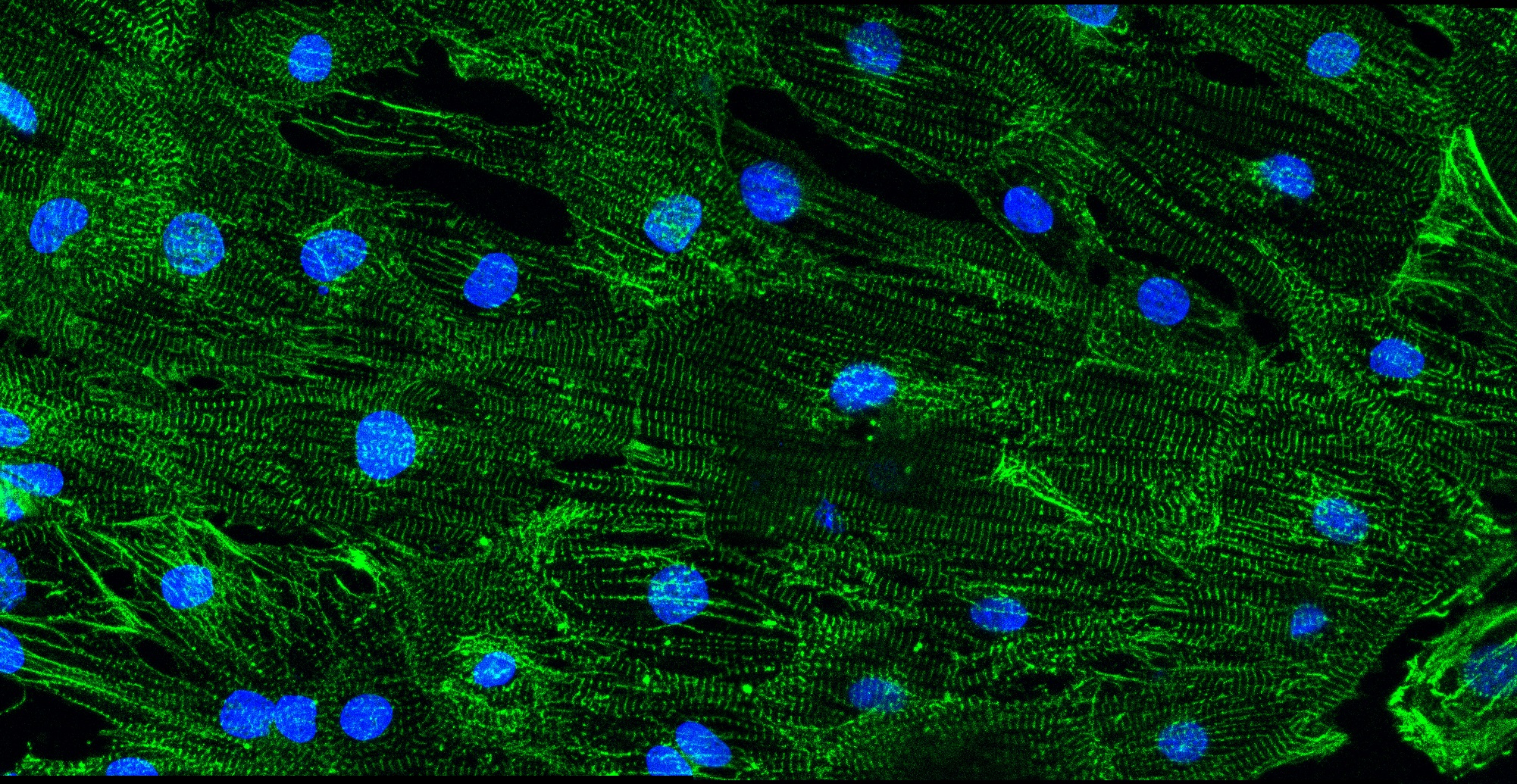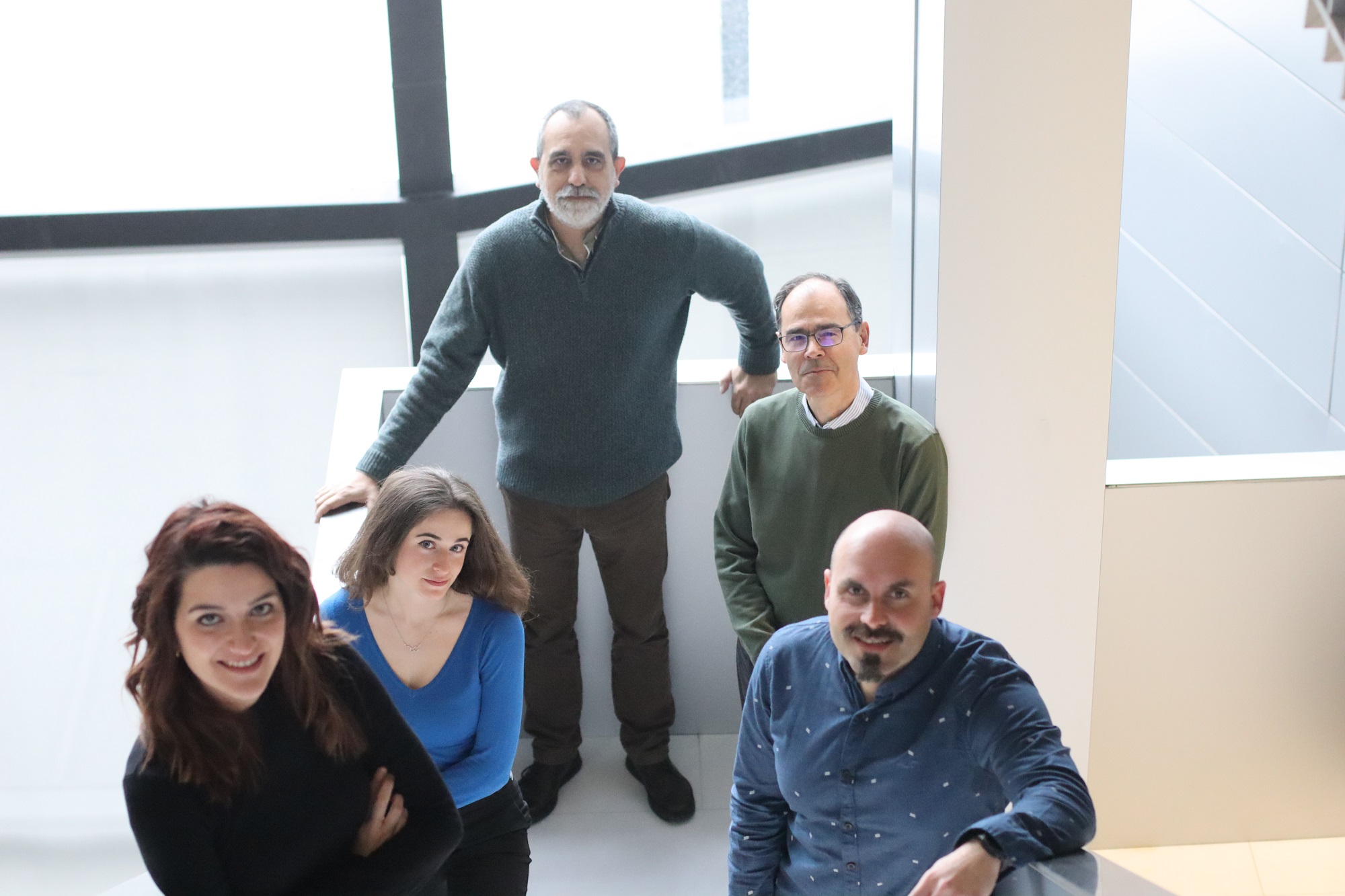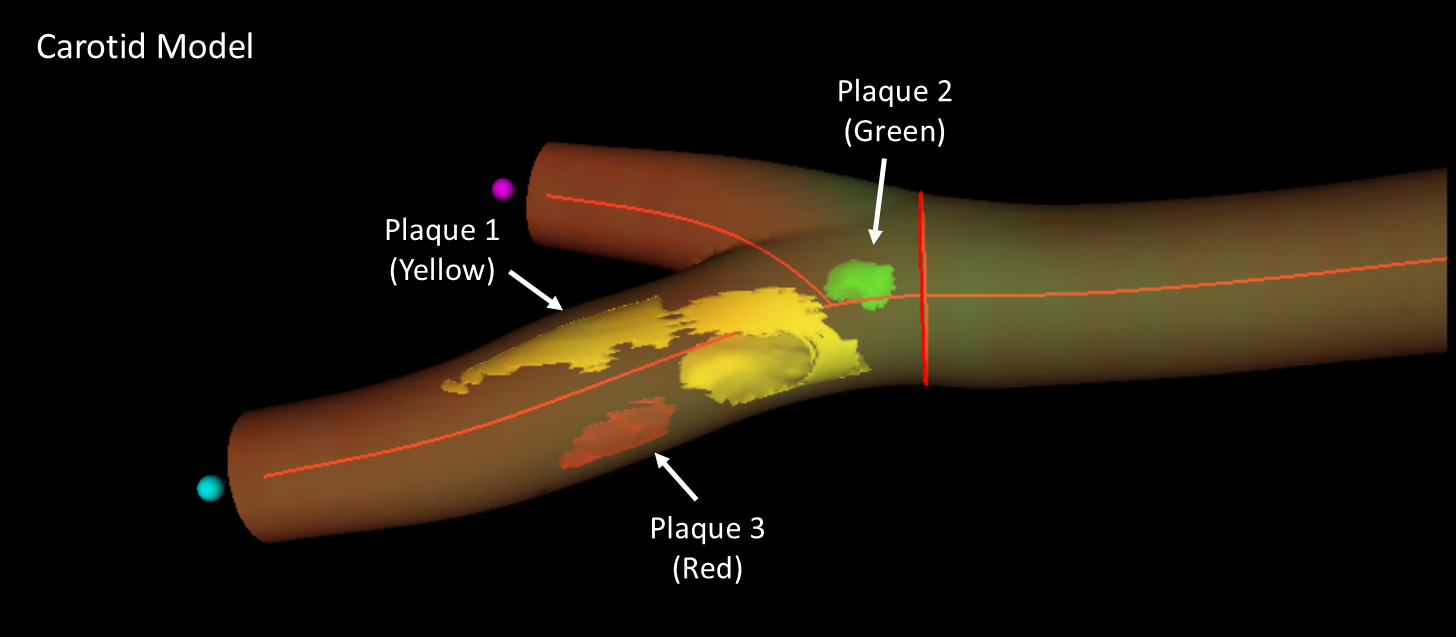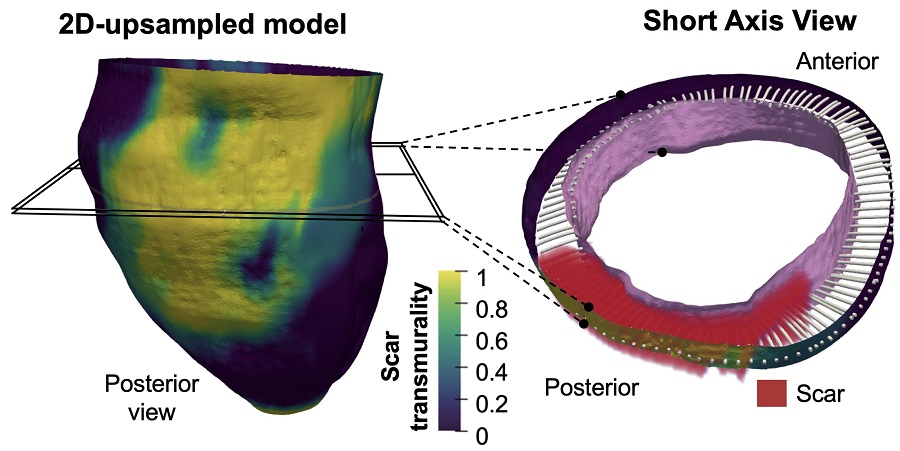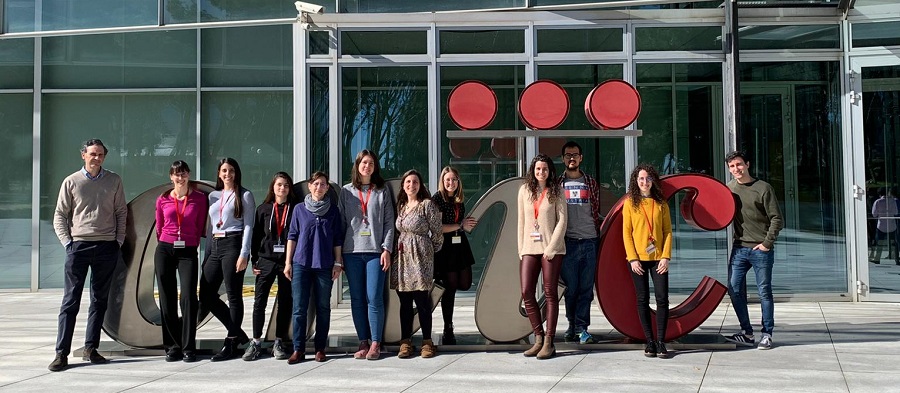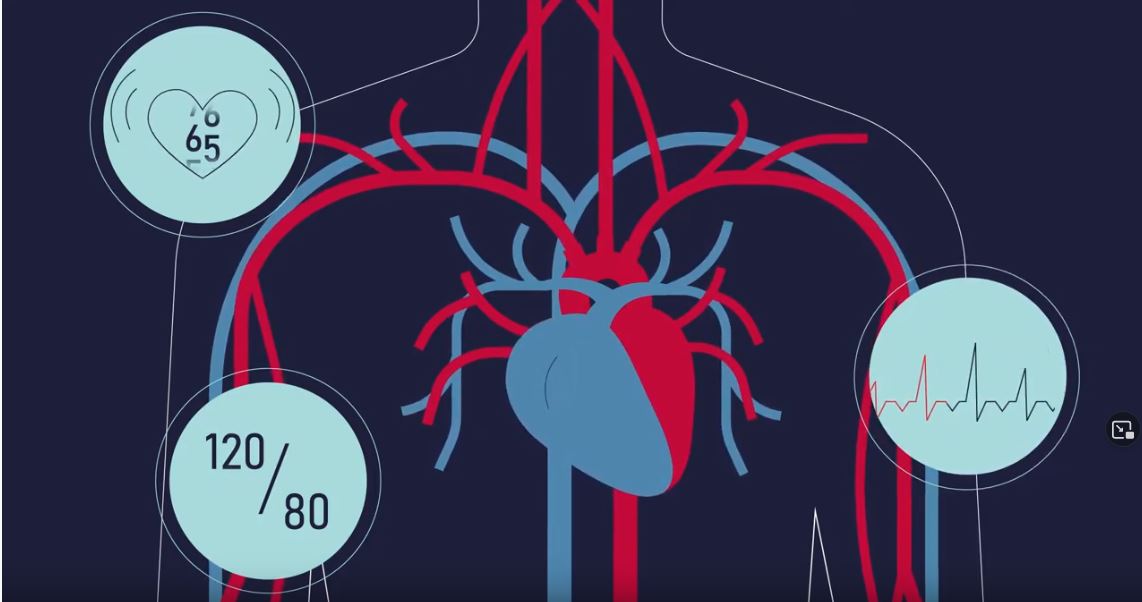News search
|
Research 9 Aug 2022 A new study published in eLife shows that inhibition of p38γ/δ is a potential therapeutic strategy for the treatment of hypertrophic cardiomyopathy, but that this strategy has yet to be explored because of the lack of specific inhibitors for these p38 family members |
|
Research 26 Jul 2022 Adherence to a workplace cardiovascular health-promotion program improves lifestyle and risk factors in healthy individuals |
|
Research 29 Jun 2022 Investigadores del CNIC revelan por primera los mecanismos moleculares que subyacen a las arritmias que ocurren en pacientes que padecen “Distrofia Muscular de Duchenne” |
|
Research 17 Mar 2022 The mixing of mitochondrial DNAs (mtDNAs) of two distinct origins can have damaging medium- and long-term effects, according to the results of a new study published in Circulation |
|
Research 16 Mar 2022 Scientists at the CNIC have led the development of a new three dimensional ultrasound method that improves the assessment of cardiovascular risk in healthy individuals |
|
Research 18 Oct 2021 Researchers from the National Center for Cardiovascular Research and the Pompeu Fabra University describe in Science a new mechanism for muscle regeneration after physiological damage |
|
Research 28 Sep 2021 This innovative technology may provide an efficient approach in clinical practice after manual or automatic segmentation of myocardial borders in a small number of conventional 2D slices and automatic scar detection |
|
Research 3 Sep 2021 The new findings, published in Circulation Research, could spur the development of new tools for the treatment of cardiac hypertrophy |
|
Research 30 Aug 2021 The safety, availability, and robust biological effect of metoprolol could together be enough to consider its use in young patients admitted to the ICU with severe COVID-19 |
|
About the CNIC 6 Aug 2021 CNIC and the Mario Negri Institute in Milan (Italy) coordinate REBOOT, a project that aims to study whether treatment with beta-blockers is beneficial for patients who have suffered a myocardial infarction |
- ‹ previous
- 3 of 8
- next ›

